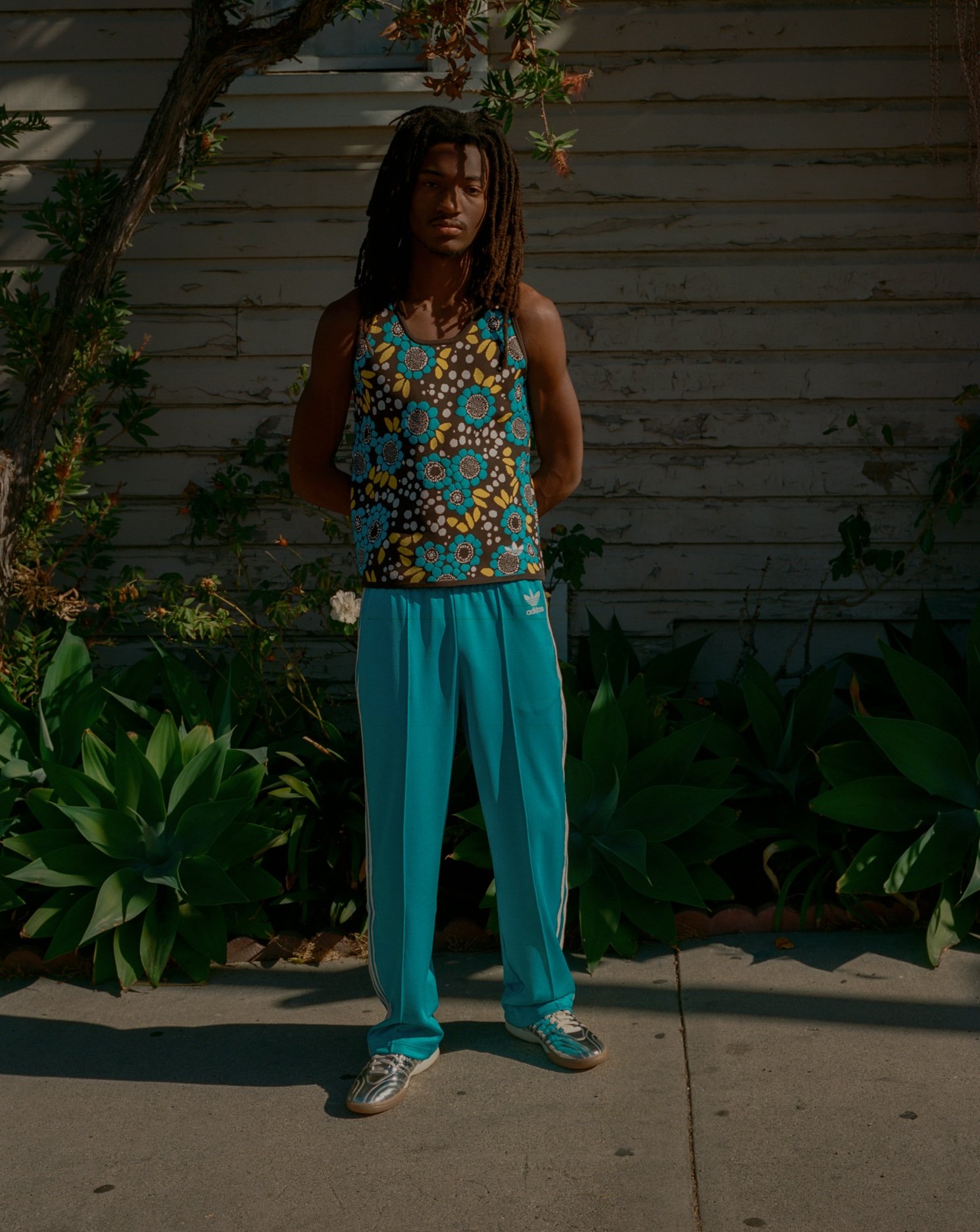Mustafa — To Look Without Flinching
This story appears in Justsmile Issue 5,
How Do We Belong?
Photography Bolade Banjo
Styling Kevin Hunter
Text Connor Garel

Mustafa wears coat DRIES VAN NOTEN. Turtle neck BOTTEGA VENETA. Kufi and durag Mustafa's own.
The eye does not see what it doesn’t want to see. What it has no use for. The social worker, the police officer, the crime reporter, the “revitalizing” developer: each materializes in all their supposed virtuosity and sees only the chaos, the menacing statistics, the procession of distrustful glances, the disadvantaged poor. But they do not see the people. Instead, they find flickering abstractions: gestating threats, mountains of paperwork, victims of circumstance. They have no use for the many forms of faith, the informal networks of care and protection, the sixty languages spoken, the terrible beauty of the inner city. How the little boys on oversized bikes look infinite in the evening light. How the people pray or gossip or sit in hospitals or prepare tea. To those outsiders, such neighborhoods — in this case Regent Park, the oldest housing project in Canada — are abstracted by the shock of bleeding headlines, the muted despair of the news anchor. To Mustafa, it’s simply his home: the hood that raised him, and the hood that broke his heart.
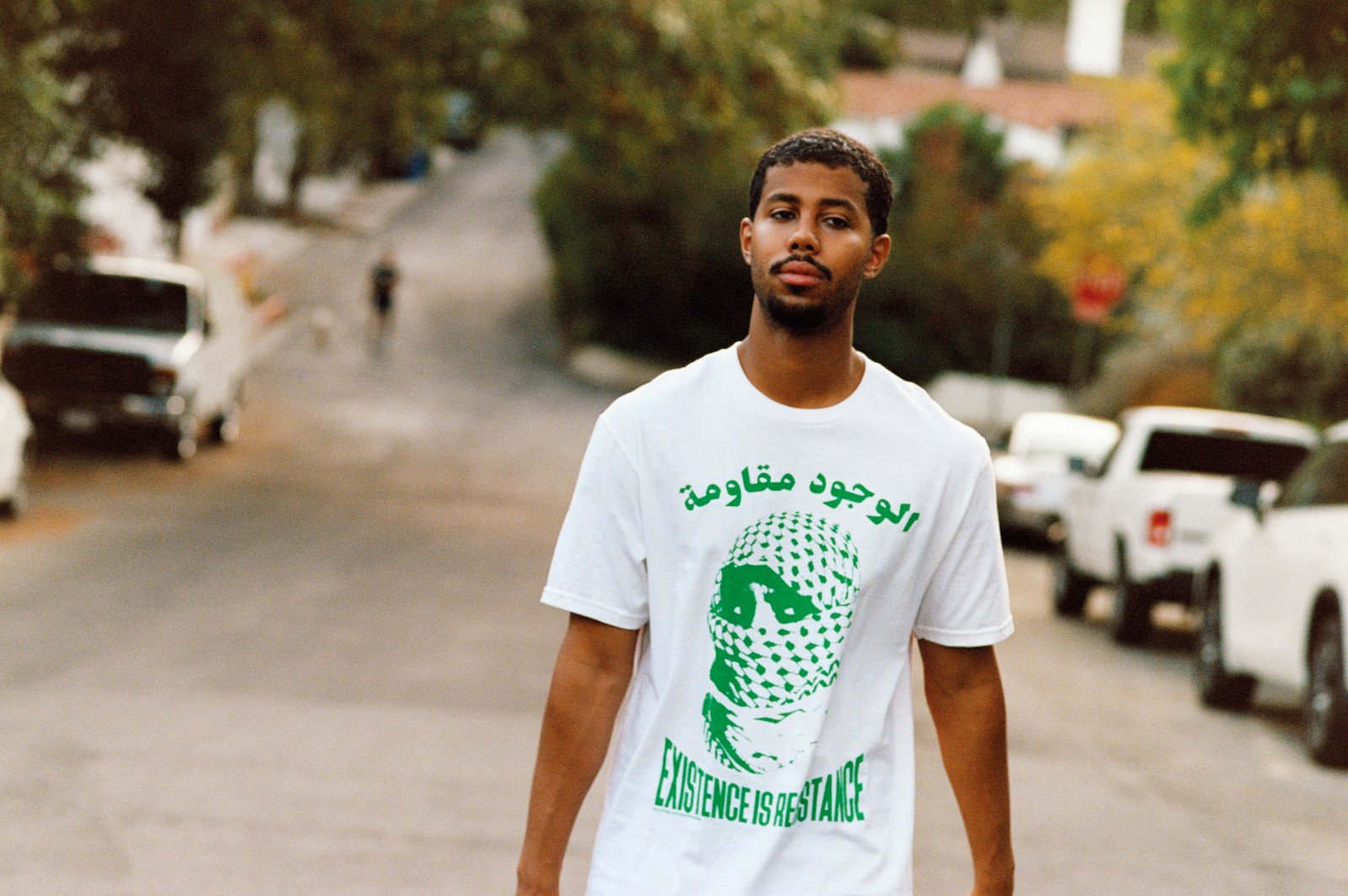
Mustafa wears t-shirt PALESTINE JUSTICE EFFORT.
It’s also the most enduring setting of his tender, searching folk songs, the oft-misunderstood region in Toronto’s east end where many of his private dramas unfurl. Against the torrent of crime reportage that characterizes basically all references to his hood, Mustafa exalts the quiet, ordinary moment, and renders it with stirring poetic force. In other words — in Toni Morrison’s words — he translates the anonymous into the specific, transforms a place into a neighborhood. He sees how childhood friends fall out of contact and understanding. How people glance out of windows while folding clothes and struggle, wordlessly, with their faith. How construction outside, familiar to those from cities where interminable cranes pollute the skyline, occasionally makes sleep a self-defeating exercise. Mustafa’s revelatory debut album, Dunya, relishes these novelistic details of the domestic, but holds their peaceful interludes in tension with an endless interrogation of the world as it atomizes around him. The afterimage it imparts is one of a sensitive young man who’s seen far more than his 28 years might suggest, someone deeply concerned with questions of faith, platonic love, dispossession, memory, community, and, as ever, the incurable ache of home. “I’m not writing some bullshit indie music for the kids in Silver Lake,” Mustafa told me one afternoon in early October. “I’m still writing for the kids in the trenches.”
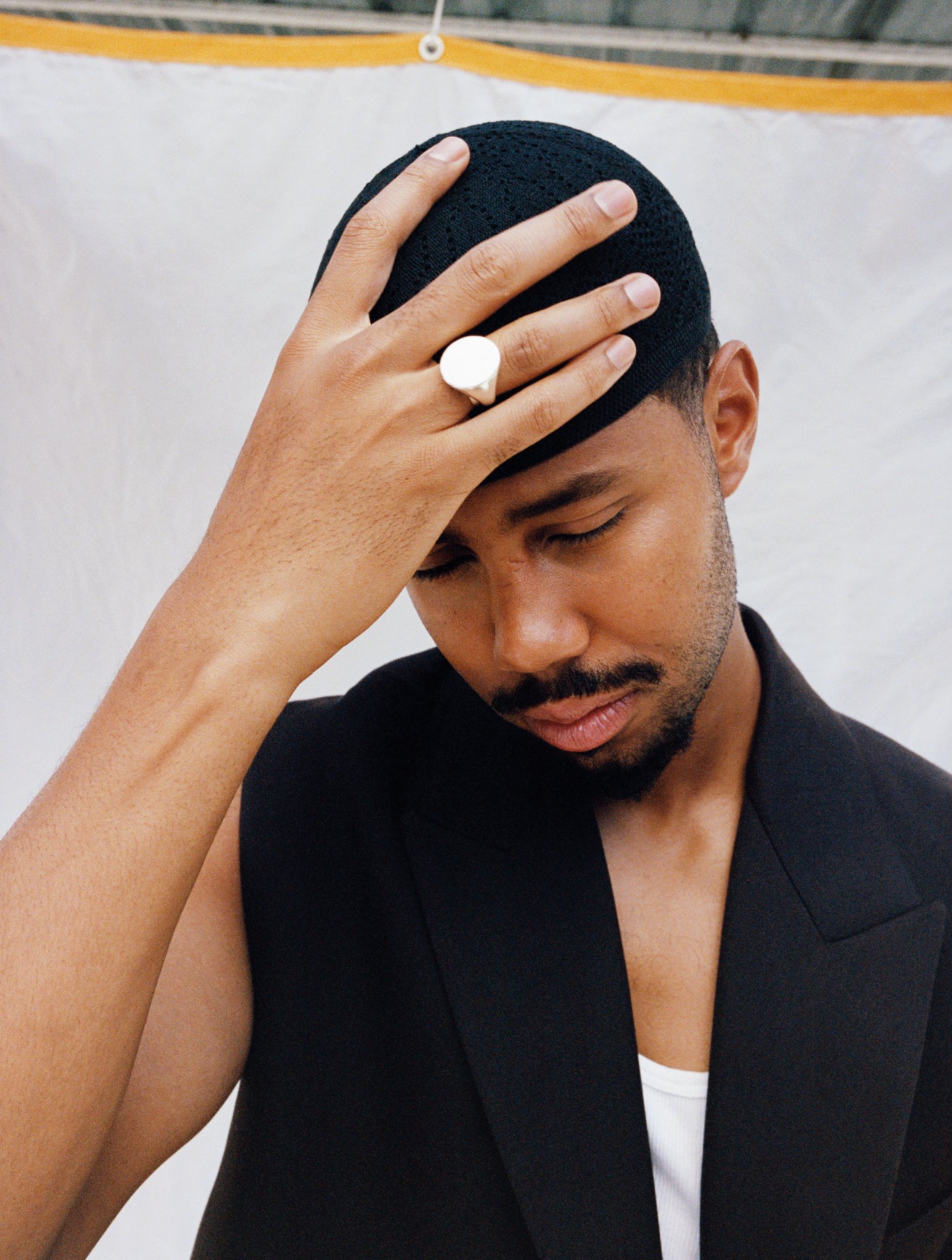
Mustafa wears jacket GUCCI. Tank top CALVIN KLEIN. Durag and ring Mustafa's own.
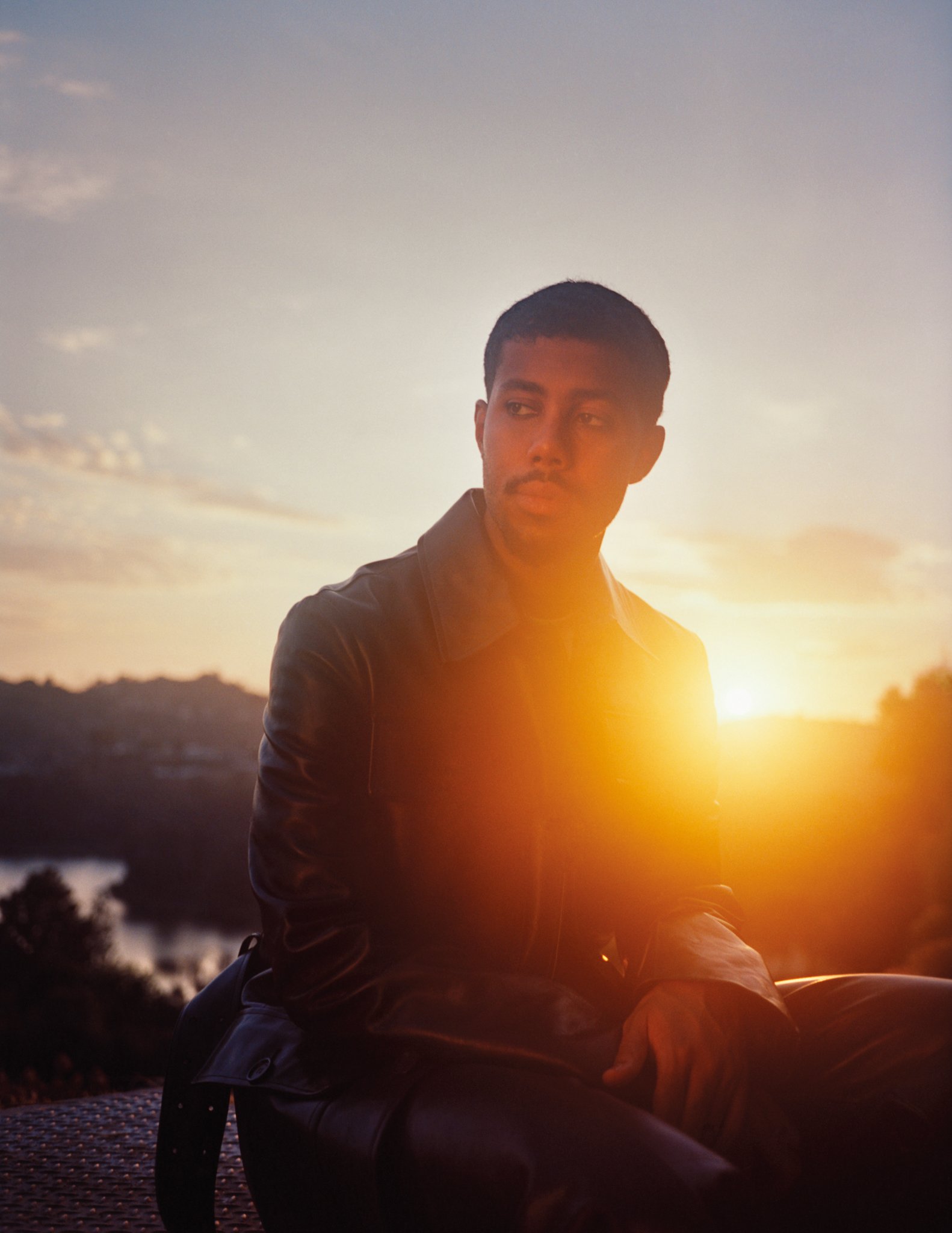
Mustafa wears jacket, pants and shoes FERRAGAMO. T-shirt stylist's own.
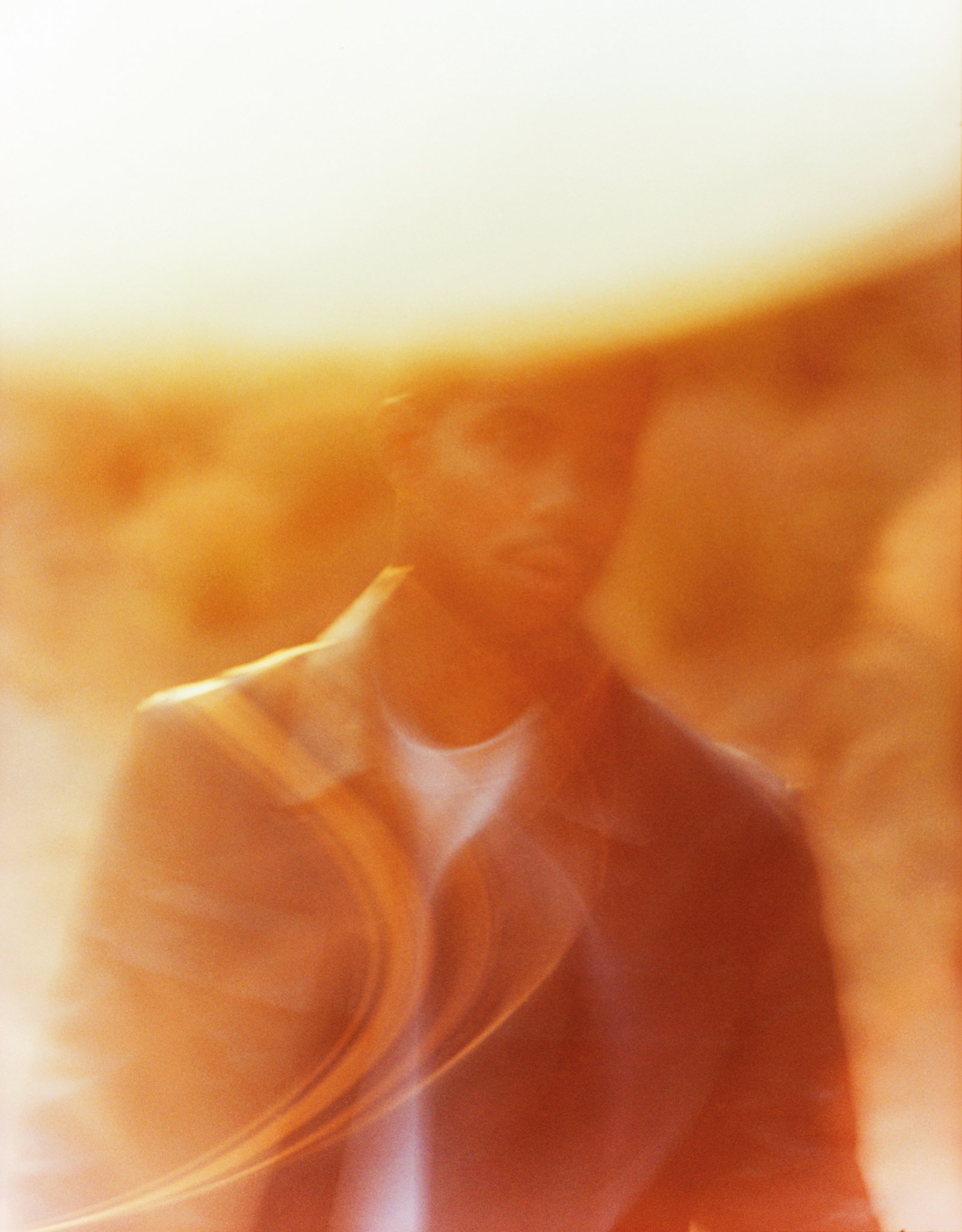
Mustafa wears jacket, pants and shoes FERRAGAMO. T-shirt stylist's own.
When Mustafa released his first EP, When Smoke Rises, in 2021, it arrived as the heavy-hearted dispatch of a diarist and community ethicist, still contending with the relentless violence and loss he experienced while growing up in the “dreamland and graveyard” of Regent. The EP was named in honor of Smoke Dawg, a close friend and fellow member of Toronto hip-hop collective Halal Gang, who was gunned down outside a Toronto nightclub in 2018. The tormented folk songs Mustafa wrote back then doubled as delicate elegies for the countless loved ones who were killed over the years. He wanted to ensure the memories of his murdered friends were lovingly preserved outside the narratives assigned by crime reporters, who routinely invoke criminal records, as though it were some de facto justification, in their newspaper obituaries. “I just really struggle with who is granted the permission to be remembered — the governance of memory and empathy, especially in a hood like mine,” he tells me. The music, to him, is an archive, maybe a haunted house, and one impetus for that first record was to create a soundtrack of consolation for the elliptical return home from burial places, since the nearest Muslim cemetery is a 25 mile drive from Regent Park. “This time around, I didn’t sing about anybody that’s dead,” he told me. “Everyone I wrote about can still reach out to me. I’ve spent so much of my life eulogizing that I forgot I have a responsibility to the living, too.”
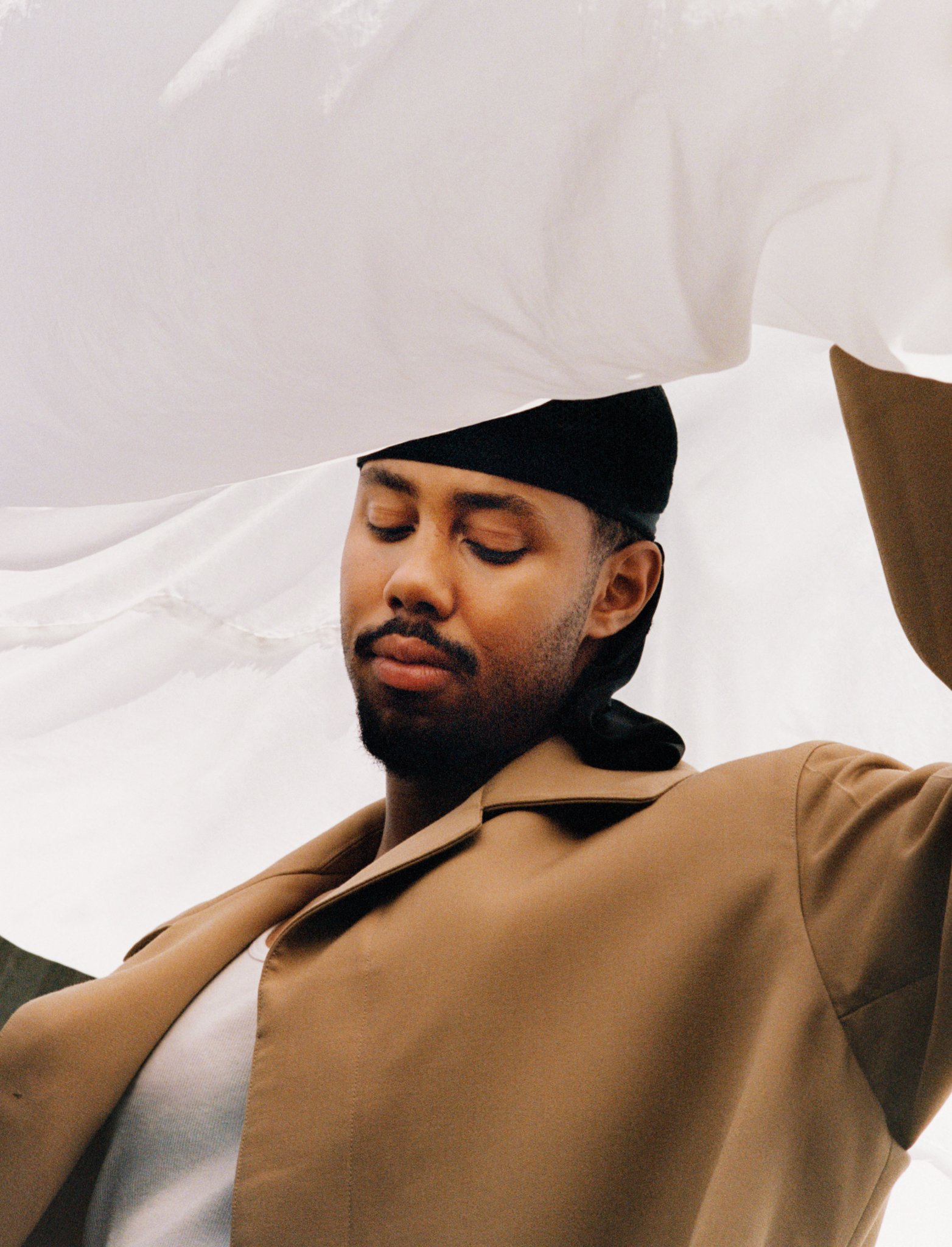
Mustafa wears jacket GUCCI. Tank top CALVIN KLEIN. Durag Mustafa's own.
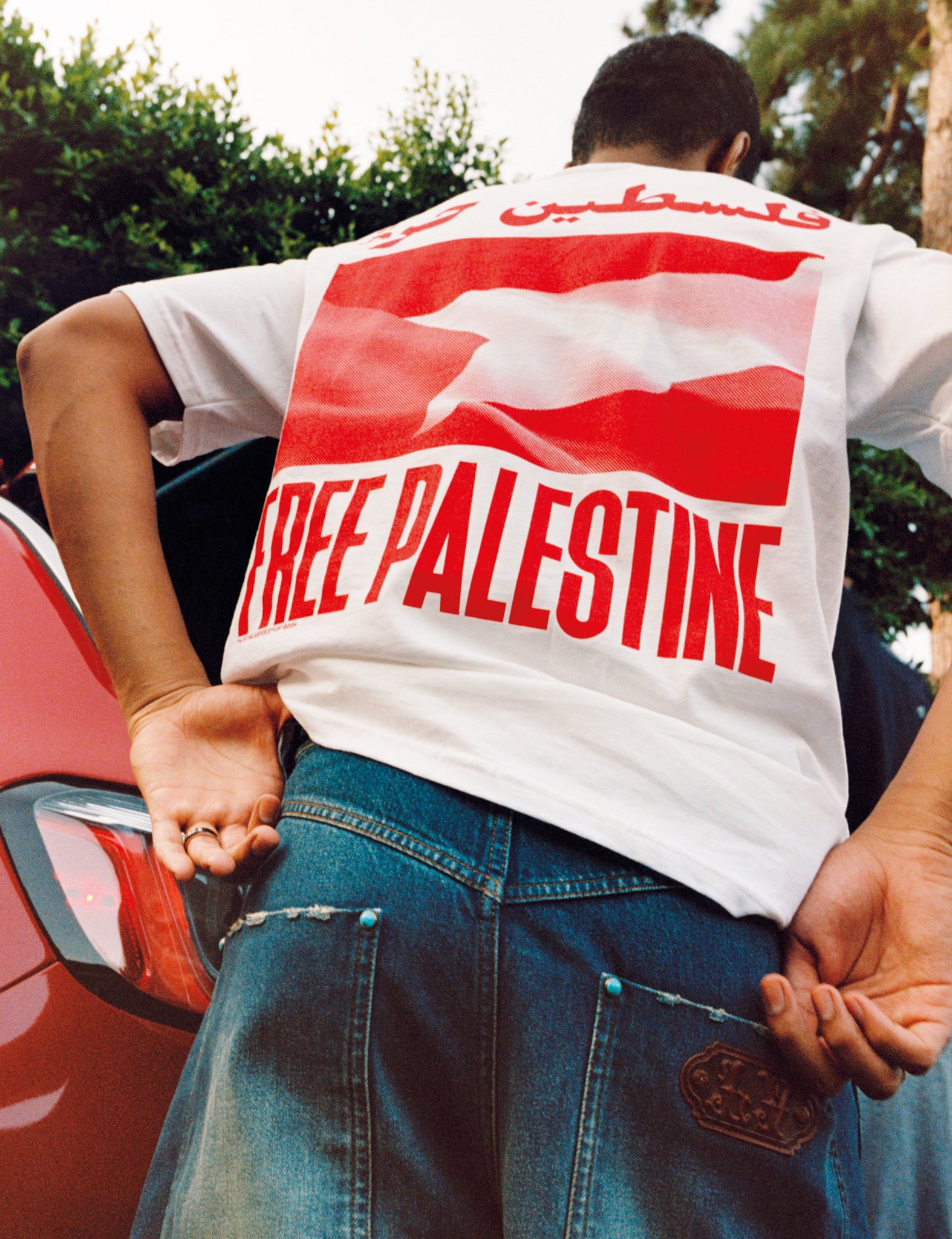
Mustafa wears t-shirt PALESTINE JUSTICE EFFORT. Jeans LOUIS VUITTON. Sneakers GIVENCHY.
When I reach him by phone in early October, Mustafa is at home in Los Angeles, sounding as if he’s splayed out in bed, his voice weathered and a touch phlegmy. He’s feeling depleted, he says. He’s got a bad cold. He’s coming off the heels of several listening events hosted with friends in various global cities — with Dua Lipa in London, Anok Yai in Paris, Angelina Jolie in New York, Daniel Caesar in Toronto — and it seems the intensity of his travels and their requisite public engagement has finally caught up to him. Recently, his life has dissolved into a montage of airports. “I don’t mean to get existential so quickly,” he says three minutes into our conversation, allowing for a flutter of laughter. But airports to him have always felt “devastating.” The limbo. The border. The isolation and the wait. It’s difficult to have a healthy relationship with departure when you’ve lost so many people so abruptly, and so Mustafa has always been the kind of person to call back if the line cuts before he has a chance to say goodbye. “It’s something I’ve always had to reckon with at burial places, you know?” he says. “Why or how else I could have parted more gracefully from a young person I knew.”
Read the rest of this story in Justsmile Issue 5, coming early this December.
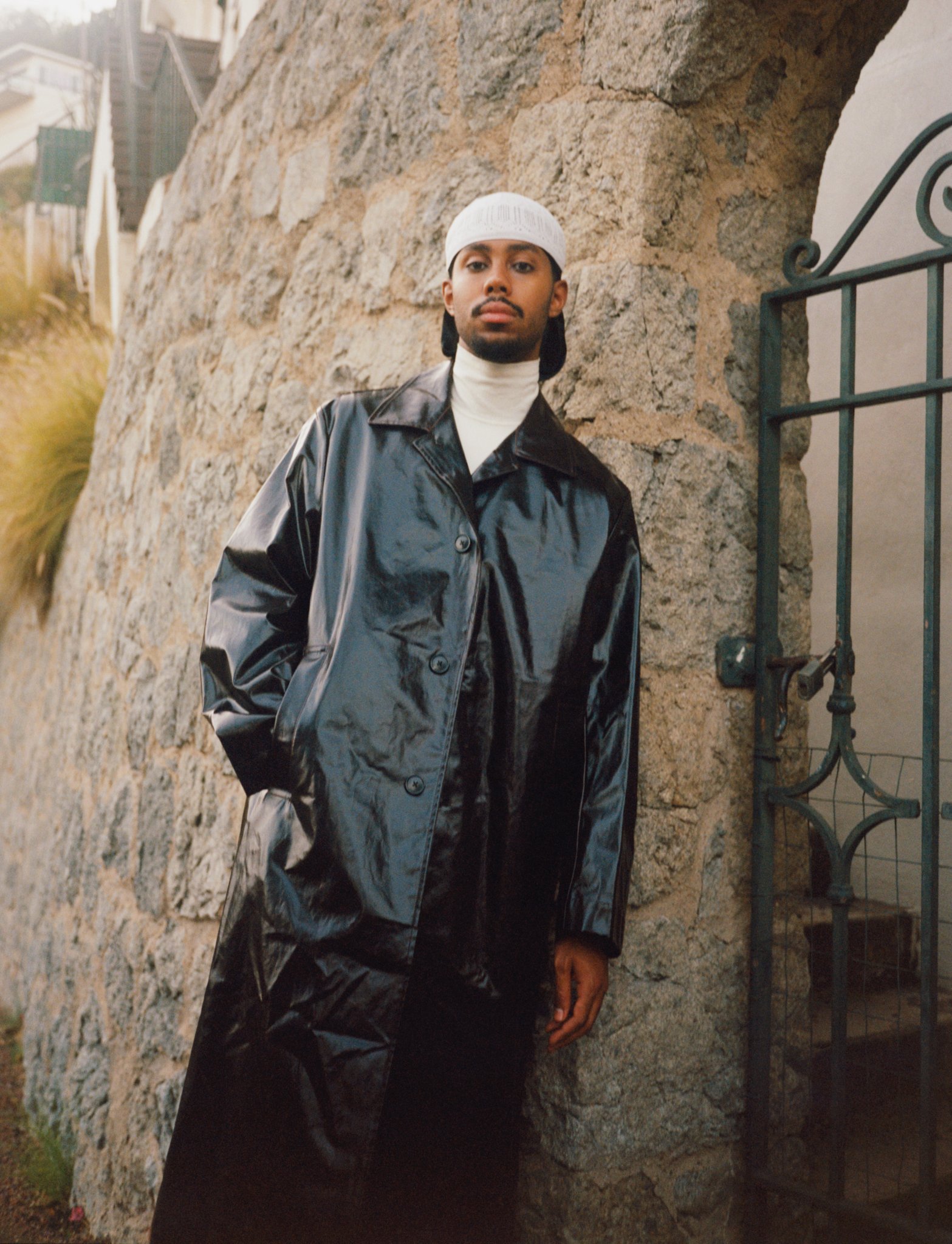
Mustafa wears coat and pants DRIES VAN NOTEN. Turtle neck BOTTEGA VENETA. Shoes FERRAGAMO. Kufi and durag Mustafa's own.
'I just really struggle with who is granted the permission to be remembered — the governance of memory and empathy, especially in a hood like mine.'
